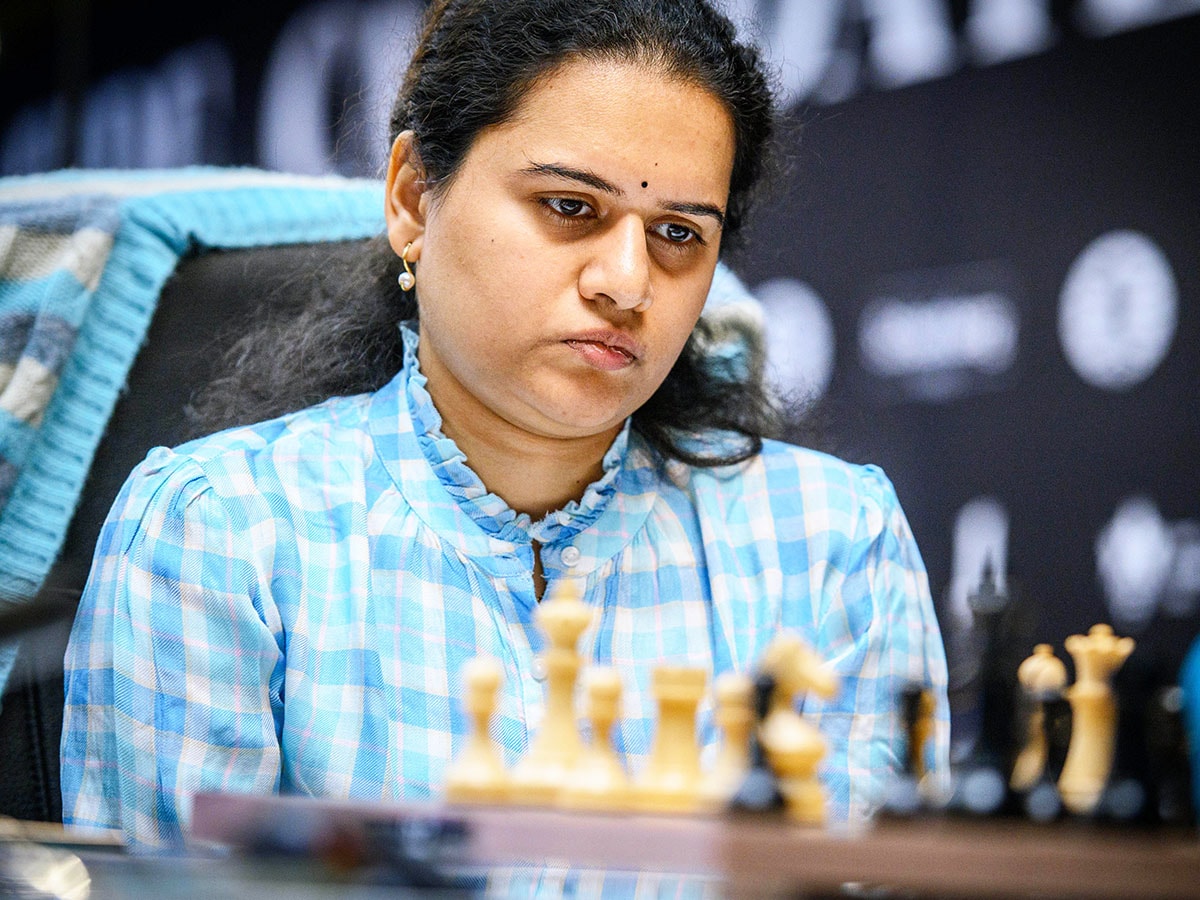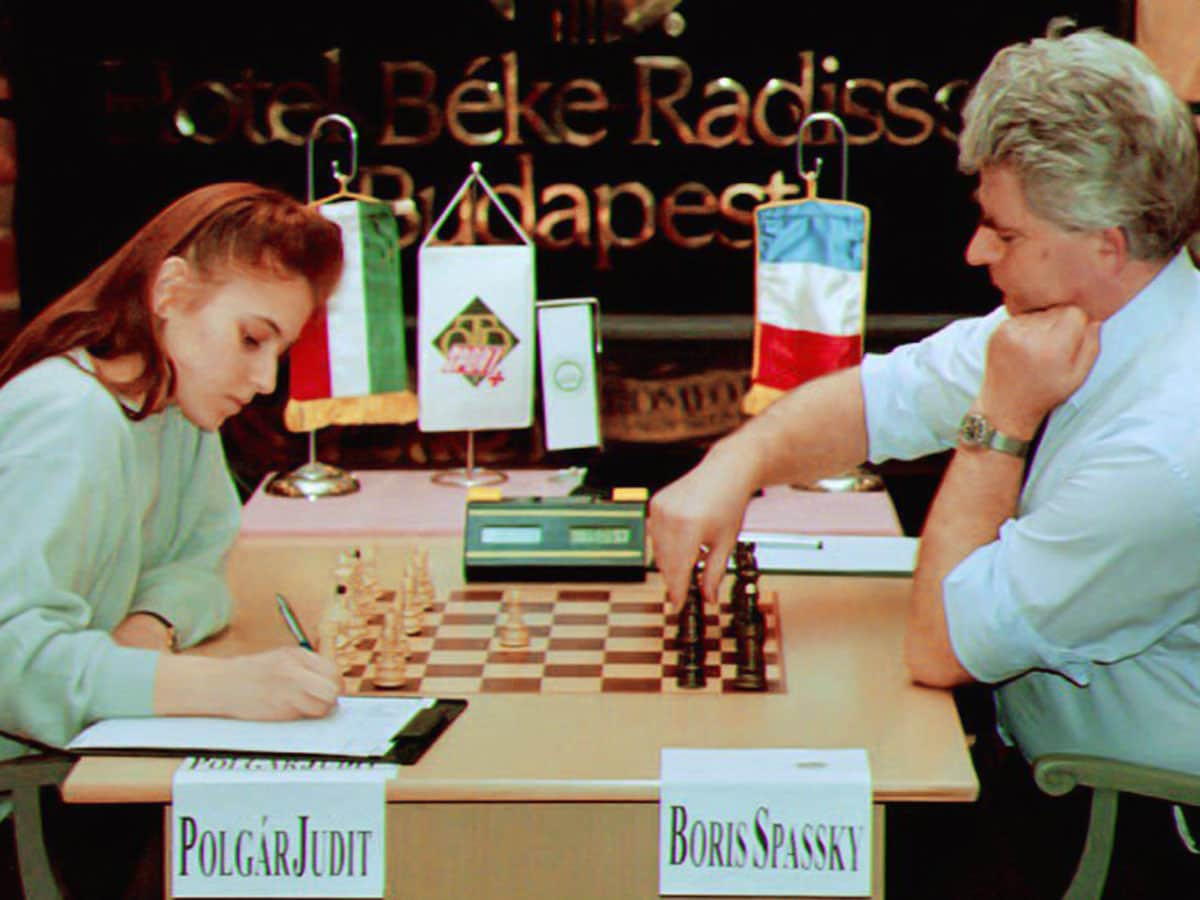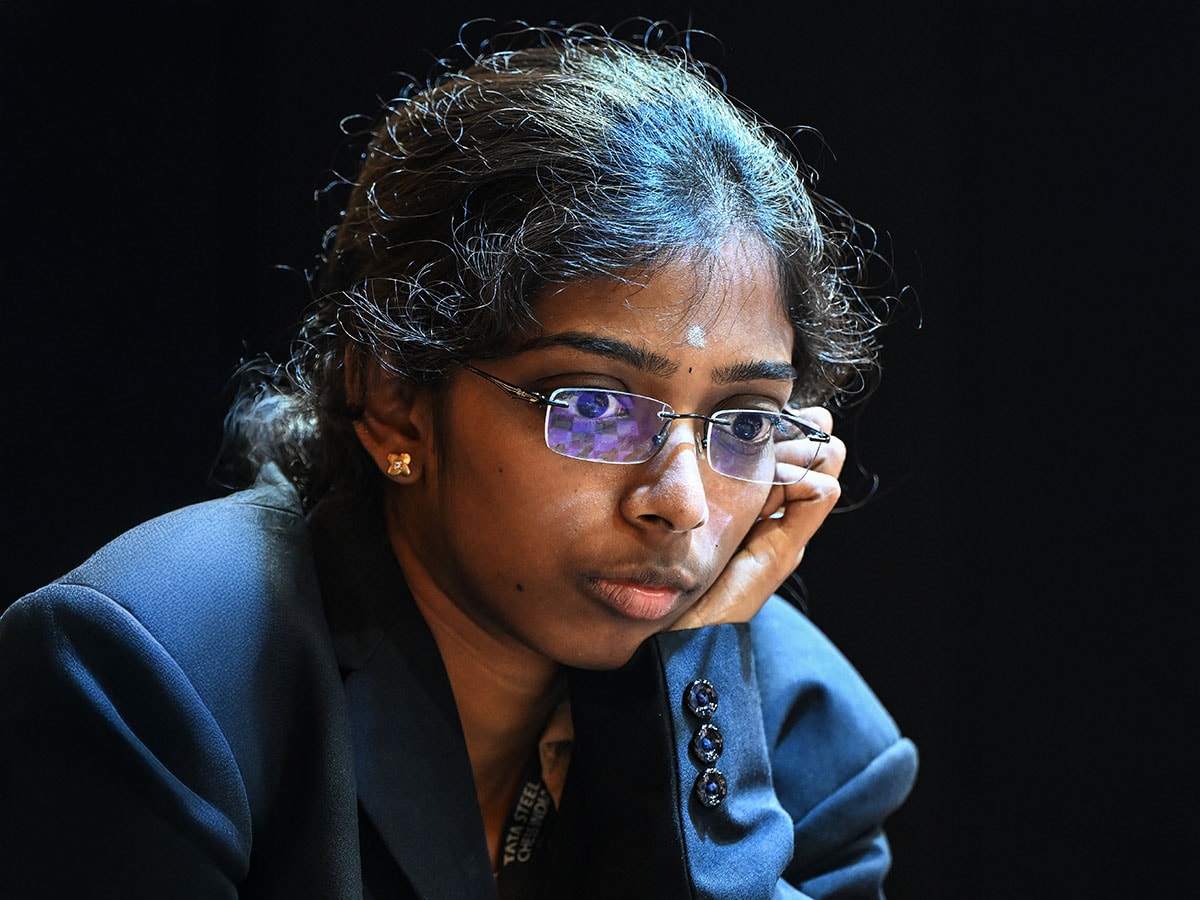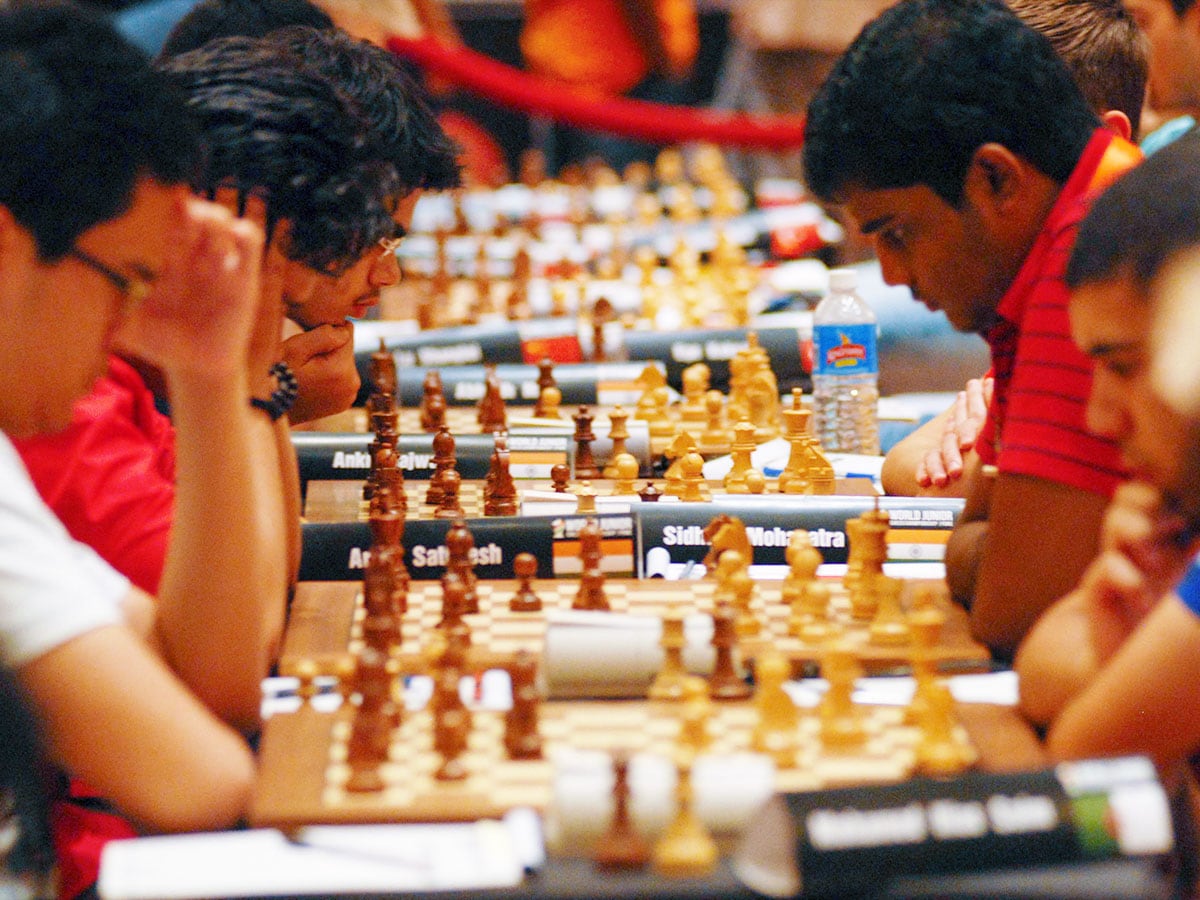
Checkmate: Why don't we have more women grandmasters?
Divya Deshmukh recently became the fourth woman grandmaster in a country that has 89. What stops women from breaking through?
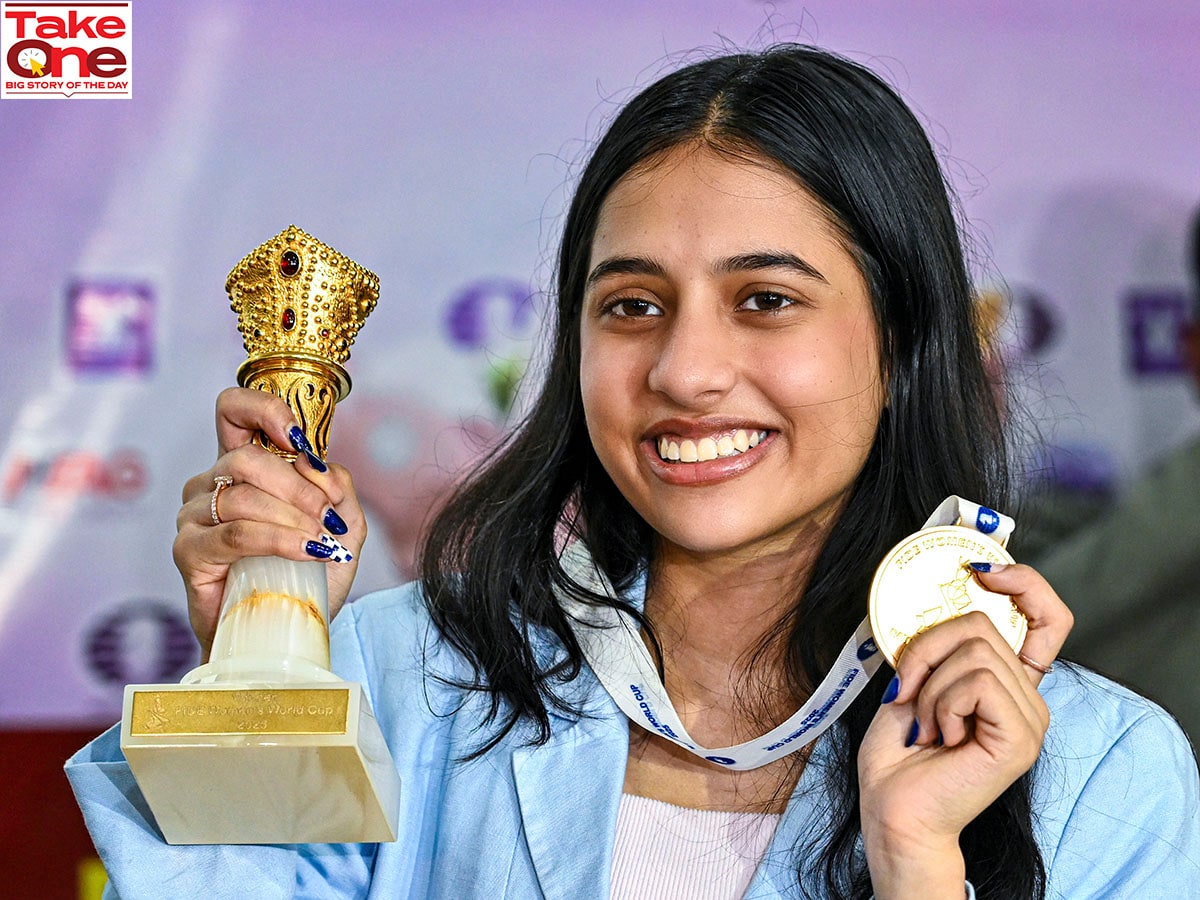 Divya Deshmukh became the youngest and the first Indian to win the Women's World Cup Image: PTI Photo
Divya Deshmukh became the youngest and the first Indian to win the Women's World Cup Image: PTI Photo
In 2002, when Koneru Humpy earned the title of a grandmaster (GM), the then-15-year-old was believed to have unlocked the Judit Polgar moment in Indian chess. Polgar, the Hungarian prodigy, had shattered the proverbial glass ceiling by breaking into the world’s top 10 in the open section, a feat that no woman has matched yet. Many had hoped that Humpy’s feat—of becoming India’s maiden woman GM after six male predecessors—would spark a wave of women storming the game’s elite ranks.
But a little over two decades on, the gender gap in chess remains yawning: Out of India’s 89 GMs, the highest rank a chess player can achieve, only four are women.
The latest among them is 19-year-old Divya Deshmukh, who just weeks ago became the youngest winner of the Women’s World Cup, defeating none other than Humpy, who started it all. Her GM title places the Nagpur teen not just among a rarefied cohort in India, but globally as well: She is only one of the 44 women to have earned the GM title awarded by FIDE, which means just about 2 percent of the world’s 1,866 GMs are women.
The gulf is visible even among those who’ve made it. Yifan Hou, the world’s top-ranked woman chess player, doesn’t even crack the top 100 in the open list, and has an over-200 ratings points deficit with Magnus Carlsen, the five-time world champion and World No. 1; while, Deshmukh, despite being the world No. 1 among girls, sits at No. 70 in the junior open section.
“World over, there is a struggle to produce strong women players. I have worked with a lot of good players, like Divya, R Vaishali [India’s third woman GM], when they were very young. I’ve noticed that the difference between boys and girls starts widening from the age of 9 or 10. So if they have the same rating at the age of 7, in a few years, the difference in their ratings widens to 200-300 points,” says Ramesh RB, a GM and a trainer, who has coached Vaishali and R Praggnanandhaa, the first brother-sister grandmaster duo.




